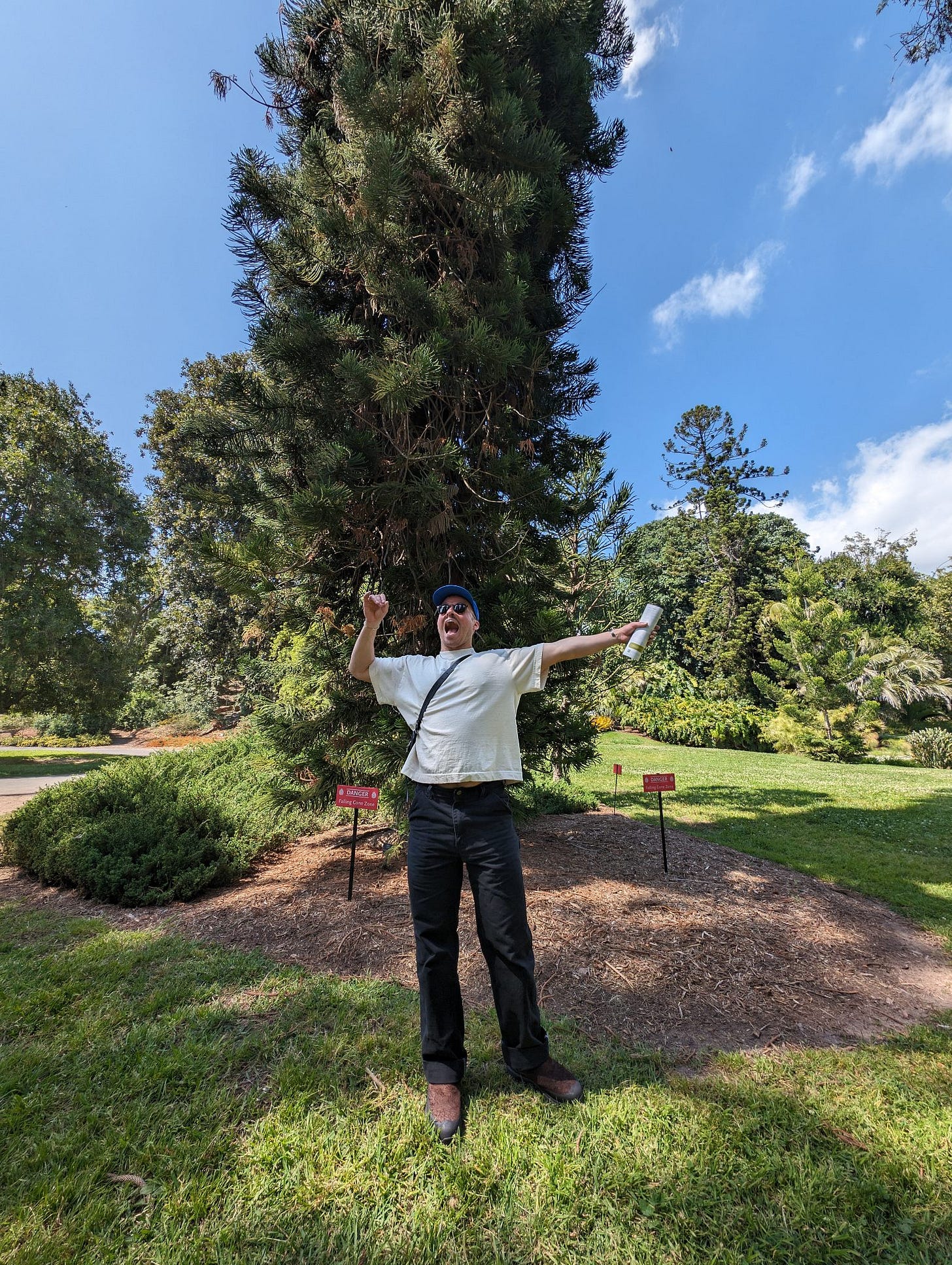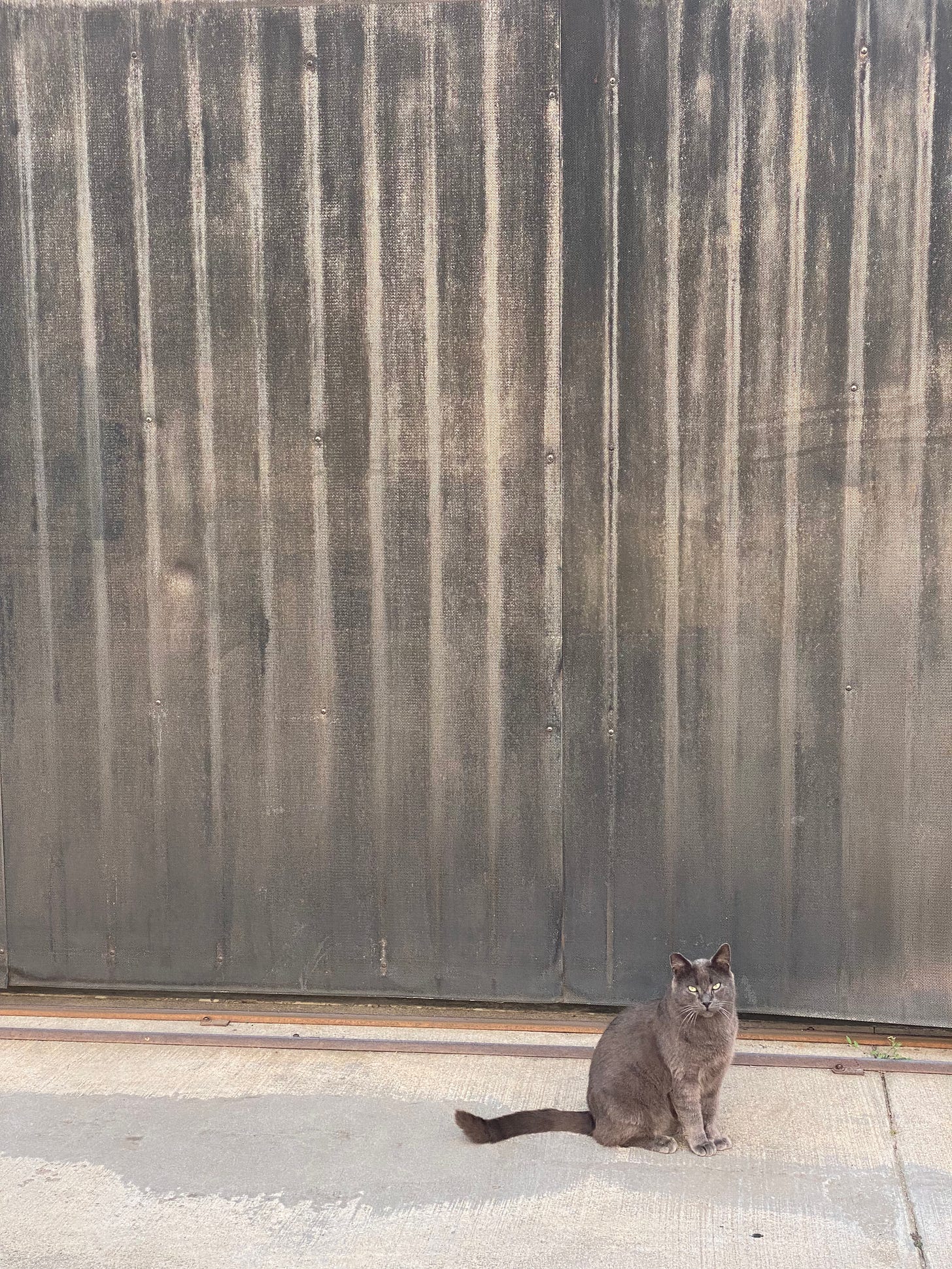As a remote worker, I’m able to blend work and home in ways that were inconceivable just a decade ago. I cook, I clean, I do laundry, all while juggling my actual working hours and tasks. I also address self-care with meditation, exercise, and regular therapist appointments. But my most radical form of self-care, made possible by doing remote work, is the ability to nap at will—a rebellious act that goes against peak productivity norms.
Or does it?
Many European and Latin cultures observe a mid-afternoon “siesta”, normalizing the practice. But in most places, to admit you take naps, and are not a child or an elder, is still viewed with suspicion. So why is napping in the middle of the day still widely considered taboo? What’s so bad about giving yourself a restful break in order to come back for a second round of productivity?
I’ve “wfh” (worked from home) for over four years. The COVID-19 pandemic turned the world upside down, and many professional employees said goodbye forever to commuting, offices, and in-person meetings, myself included. The shift reflects the changing norms and nature of our jobs. Many are internet-based, meaning they can be managed and completed anywhere there’s wifi. I’m certainly now convinced that commuting in a car to an office is a waste of time and hazardous to my health.
Not leaving one’s home in order to work has its downsides, like social alienation and difficulty in building rapport over video. But its upsides are numerous—napping being one of the most indulgent, secret little benefits that no one really talks about.
In preceding years, when I worked in offices, I often found myself dragging mid-afternoon. A stop for afternoon coffee was a requirement. Even in high school, I found it hard to stay awake and engaged after eating lunch and often would nod off in class, awakening to drool on my notebooks or a perturbed teacher.
My sense is that culturally speaking, the attitude toward napping varies widely. On one hand, neoliberal capitalism gives us a blueprint for how our day should be spent—and I’ve never seen “nap time” as a codified recommendation for workers to recharge. But workers in Japan do it! They’re famous for taking brief naps under their desks, if only to keep working, perhaps more than they should in the first place.
Nap pods have become de rigueur in large cities like New York. You pay a small fee and are given a quiet, semi-private space to nod off and a choice of when to receive a wake-up nudge. And back to the cacophony you go!
Sometimes I wonder if we’d be better off if, like truck drivers, all workers were encouraged and/or required to take brief nap breaks during their day. We can at least destigmatize the practice for those who want to nap. For those working in high-stakes environments like doctors and nurses, power naps are recommended.
To me this speaks to a broader, collective human attitude toward productivity and profit. Humans aren’t robots, and while you can probably squeeze extra effort out of them by not letting them snooze for twenty minutes in the course of an eight-hour work day, giving them that time and space might make them happier.
The conventional wisdom on the ideal length of a nap varies, perhaps down to each person’s biological predisposition—toward short naps or longer naps. That is, the perfect length of time in order to wake up feeling refreshed, not groggy. In When: The Scientific Secrets of Perfect Timing, author Daniel Pink suggests dozing with your keys in your hand, hanging above the floor. Once the keys drop from your slack grip, it’s time to wake up (about 20 minutes).
Does napping have any downsides? Medical studies show mixed conclusions, some claiming that regular naps help to decrease the risk of heart attack and stroke, while others show that napping increases the risk of hypertension and stroke. Sometimes when I wake up from naps, my heart is beating forcefully, but I imagine that both the length of the nap and which cycle of sleep I’m in is more indicative of how much of a jolt back to wakefulness I’ll feel.
I’m lucky that I’m able to nap regularly, as I know many people have jobs that preclude them from doing so. I wonder sometimes if I was more engaged with my work, if I wouldn’t have the urge to nap in the first place. My guess is that no, even with exciting work, napping would still be like oxygen. It’s primal—it’s biological!
Napping feels like a rebellious act, against “the Man” and against norms. It’s a little reward I give myself as often as I can.
Join me, as we set off on a mission toward nap-positivity.
Just remember to set the alarm.






